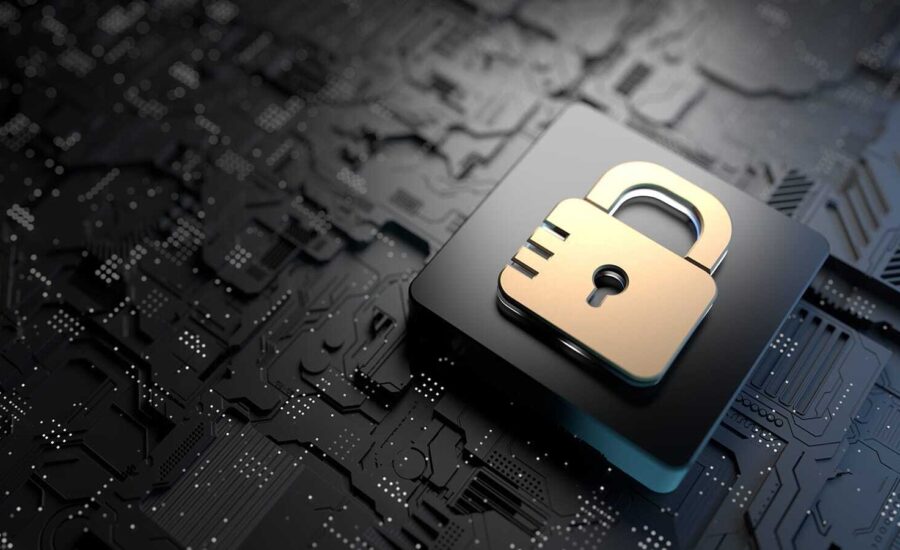What’s the best type of crypto wallet?
Sponsored By
CoinSmart
For cryptocurrency investors, security is top of mind. Here’s how to keep your bitcoin, ether and other digital assets safe.
Advertisement
Sponsored By
CoinSmart
For cryptocurrency investors, security is top of mind. Here’s how to keep your bitcoin, ether and other digital assets safe.

I’m going to invest in cryptocurrencies, but I’m not sure what’s the best way to store my coins to protect against theft and other risks. What should I look for in a crypto wallet? What makes a wallet “good”?
—Anand
Great question, Anand. First, let’s clear something up: A crypto wallet doesn’t store coins—your coins will always be in the blockchains where they were created. Your wallet stores the private keys—very long, randomly generated strings of numbers and letters—that allow you to find your coins in the blockchains. It’s common to hear people say they’re storing crypto in a wallet, though, so we’ll do the same.
Protecting your keys is essential to safeguarding your cryptocurrency. For that, let’s look at hot wallets and cold wallets.
Hot wallets are digital wallets that are connected to the internet, such as crypto platform wallets and browser wallets. You can use hot wallets to send and receive crypto and store your private keys short-term. They’re not recommended for long-term storage. Because hot wallets are always connected to the internet, they’re susceptible to hacks. For the same reason, it’s a good idea to keep only a small amount of crypto assets in a hot wallet.
Cold wallets, also called cold storage, are held offline. They include digital wallets stored on devices that aren’t connected to the internet (hardware wallets), as well as paper wallets—hard-copy documents that list your public and private keys. Cold wallets are more secure than hot wallets, but they don’t give you quick access to your coins—and it’s up to you to protect them from loss or theft.
Once you have both hot and cold wallets, you will want to split your crypto into portions depending on what you plan to do with it. Keep the majority of your coins (75% or more) in your cold wallet if you want to be a long-term holder. Keep the rest in a safe hot wallet (like MetaMask) so that you can actively trade them or convert them into fiat currency when you need some cash.
To keep your crypto safe, the best option is a hardware wallet like a Trezor or a Ledger Nano. These wallets offer you the best of both worlds: Not only do they keep your keys offline, but they can also be plugged into your computer for quick access to your coins. Several decentralized finance (DeFi) apps allow you to log in with your hardware wallet, making the entire process very simple.
Having said that, you must take good care of your seed phrase—the list of 12 to 24 words that you’ll need to access the crypto in your wallet, and to recover access if your hardware wallet is lost or damaged. If you lose your seed phrase (also known as a recovery phrase or mnemonic phrase), you’ll lose access to your coins.
To protect your seed phrase, keep it offline (not on your phone, computer or other internet-connected device), and store it using these tactics:
Don’t store your seed phrase in a password manager or take a photo of it—someone could gain access through your phone or your cloud storage accounts.
As you can see, Anand, crypto investors need to play an active role in managing risks and keeping their holdings secure. One final tip: Find out if your cryptocurrency trading platform keeps customers’ crypto in cold storage. At CoinSmart, we provide cold storage for each cryptocurrency we offer, protected with standard industry practices and procedures, for added security.
CoinSmart is a Canadian cryptocurrency trading platform. Sign up for an account* with the code money30 and receive C$30 in bitcoin when you deposit a minimum of C$100.
This is a paid post that is informative but also may feature a client’s product or service. These posts are written, edited and produced by MoneySense with assigned freelancers.
Affiliate (monetized) links can sometimes result in a payment to MoneySense (owned by Ratehub Inc.), which helps our website stay free to our users. If a link has an asterisk (*) or is labelled as “Featured,” it is an affiliate link. If a link is labelled as “Sponsored,” it is a paid placement, which may or may not have an affiliate link. Our editorial content will never be influenced by these links. We are committed to looking at all available products in the market. Where a product ranks in our article, and whether or not it’s included in the first place, is never driven by compensation. For more details, read our MoneySense Monetization policy.
Share this article Share on Facebook Share on Twitter Share on Linkedin Share on Reddit Share on Email